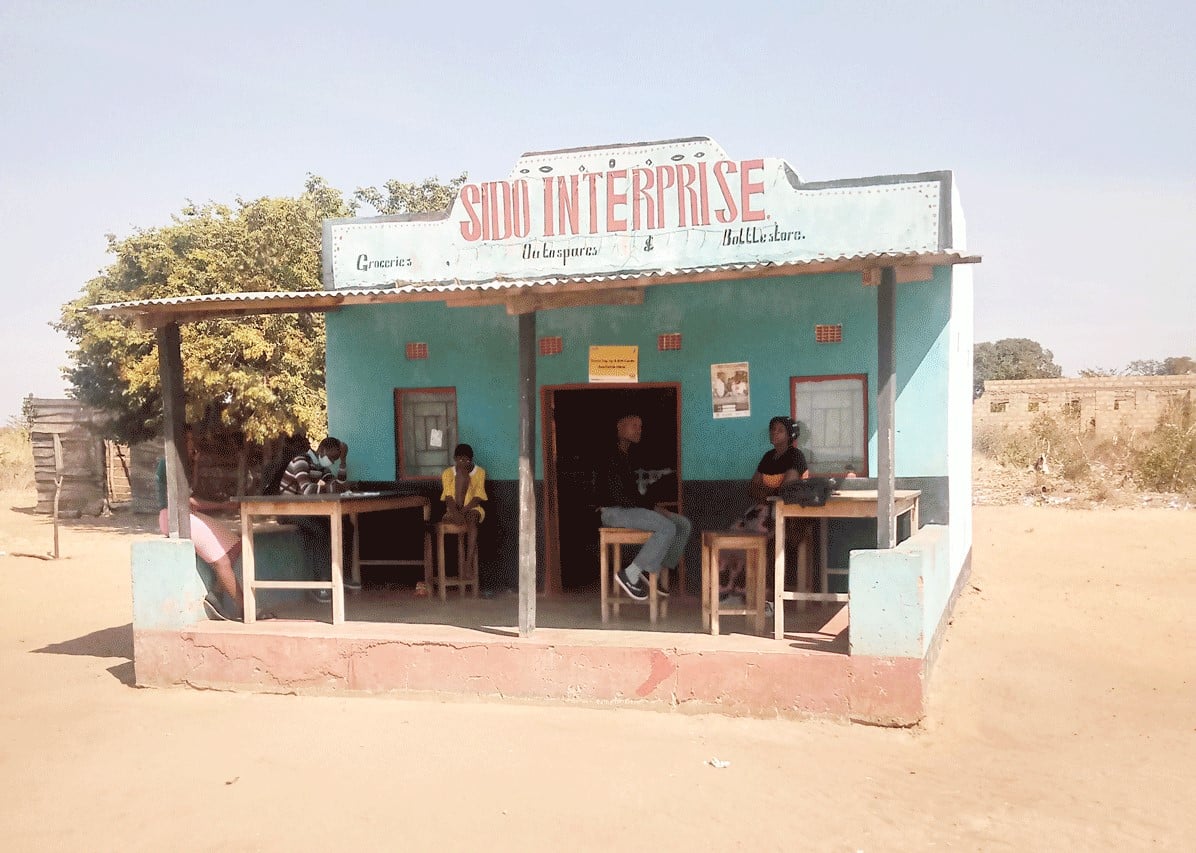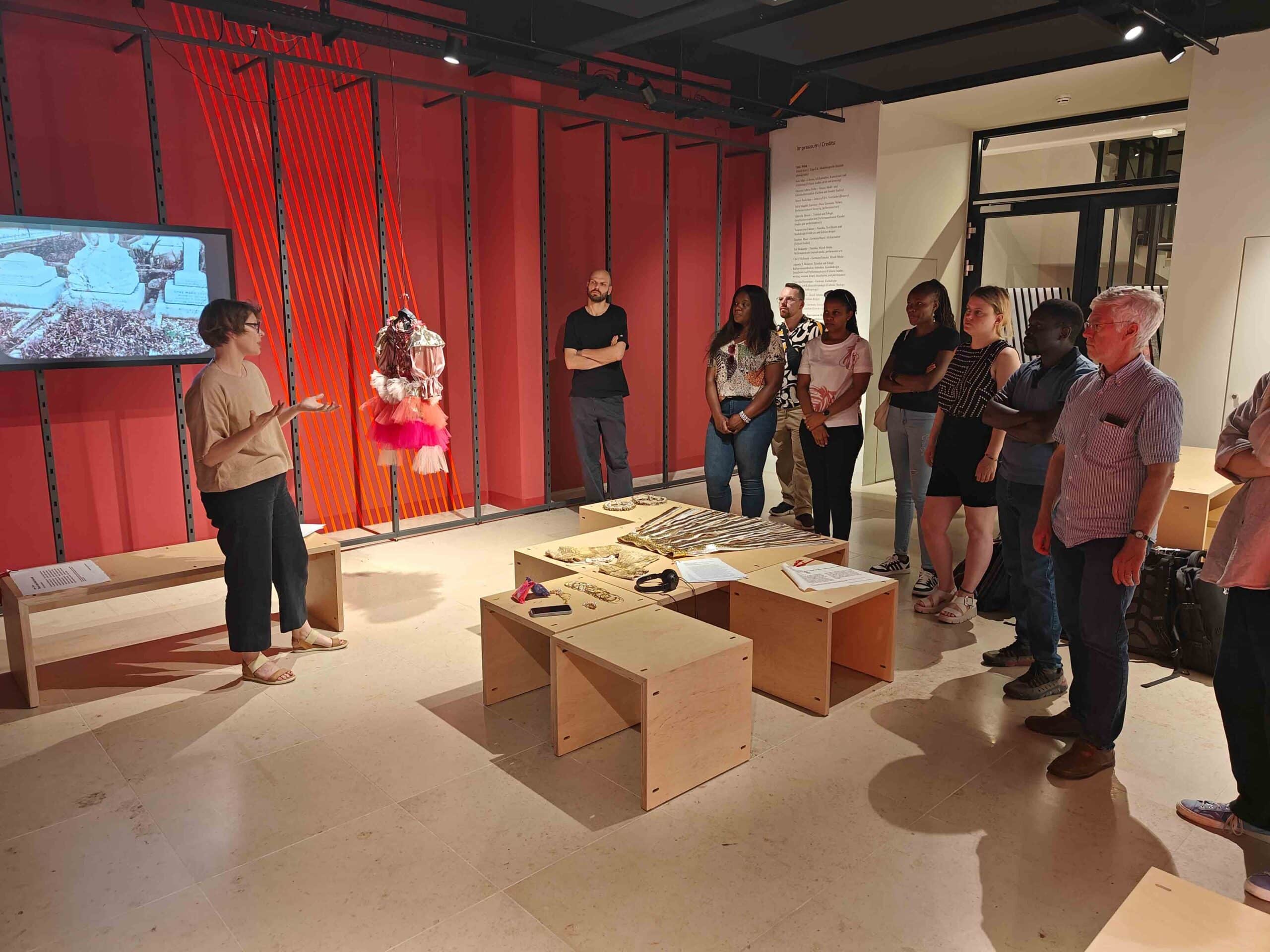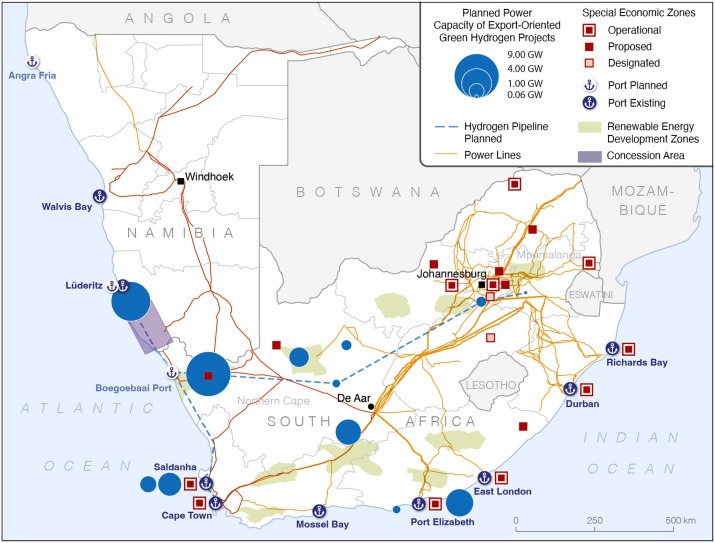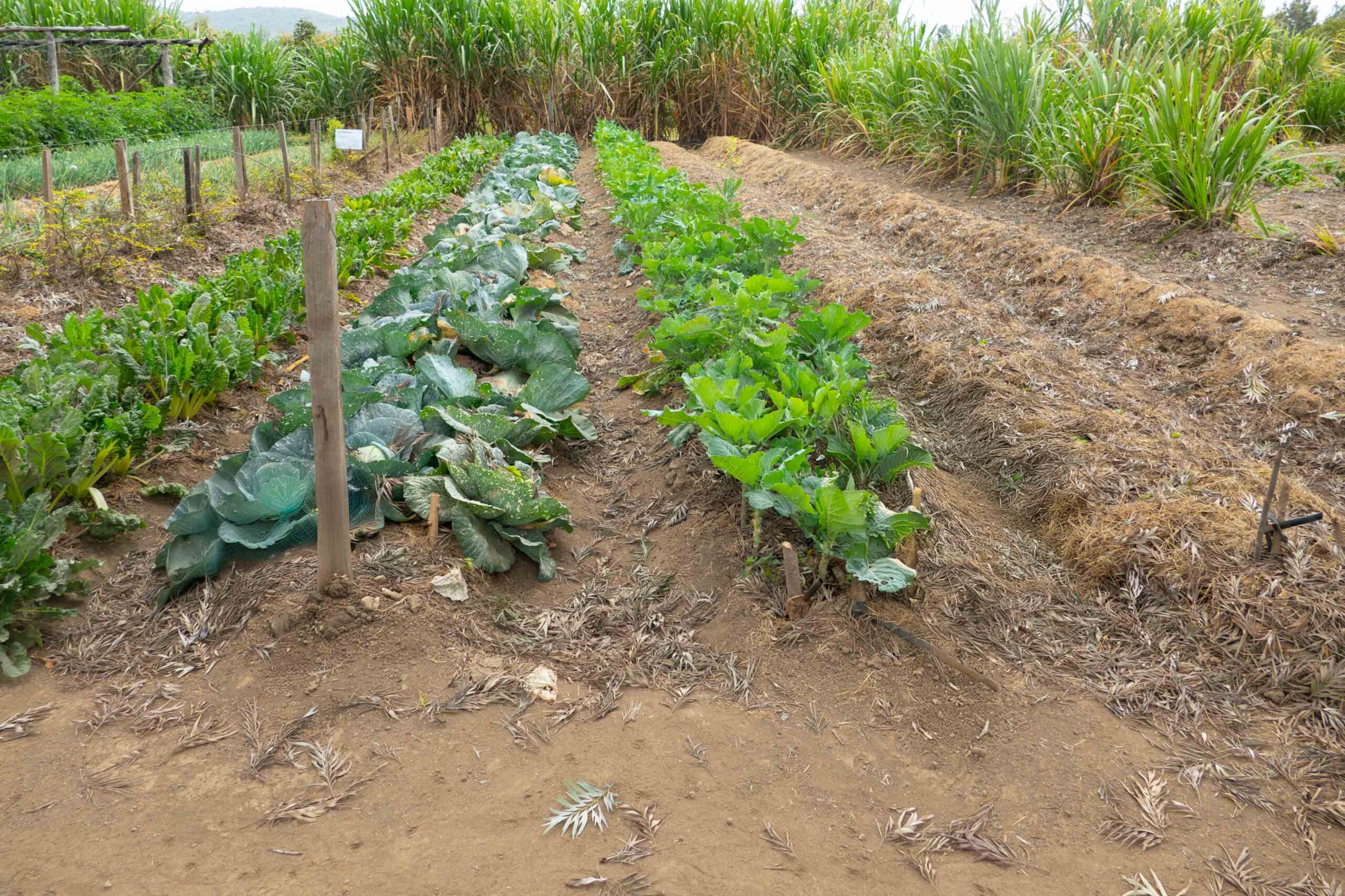By Gideon Tups, Enock Sackala and Peter Dannenberg, Project C01 Future in Chains.
Abstract
Despite universalising ambition, the literature on ‘left-behind’ places is dominated by viral, noisy and Northern examples. Therefore, we examine the case of Zambia’s Western Province, a severely ‘left-behind’ place, to make two arguments based on a Southern experience. First, a systematic conceptualisation of hope shows that hope rather than hopelessness can prevail in ‘left-behind’ places. Second, hope against-all-odds may function as generative mechanism for quiet rather than noisy path-formation processes. Therefore, mundane path development in the (Southern) periphery requires attention if the literature on ‘left-behind’ places is to inform more foundational theorisations of uneven development.
Reference
Tups, G., Sakala, E. N., Dannenberg, P. 2023.Hope and path development in ‘left-behind’ places – a Southern perspective, Regional Studies. Full Text






